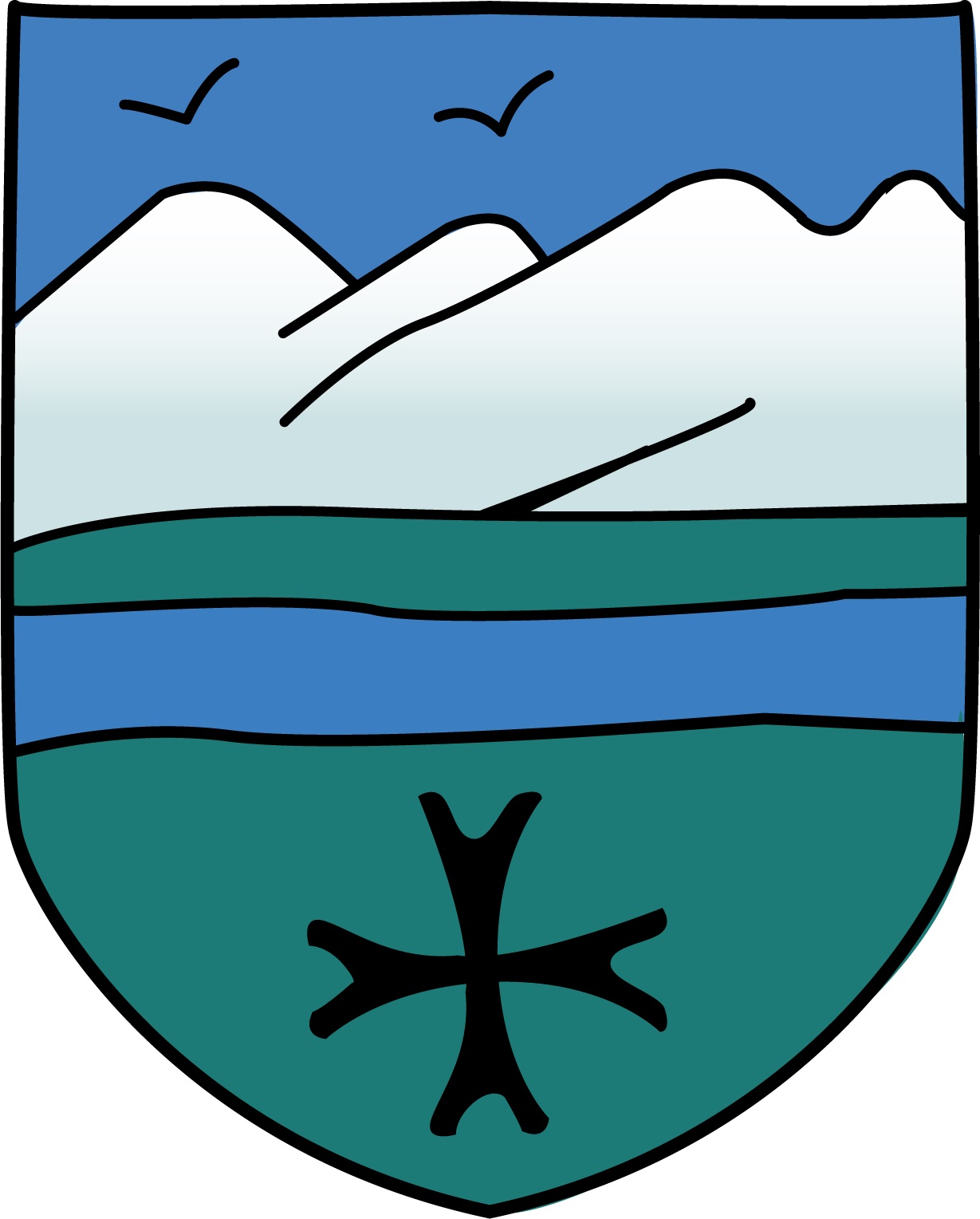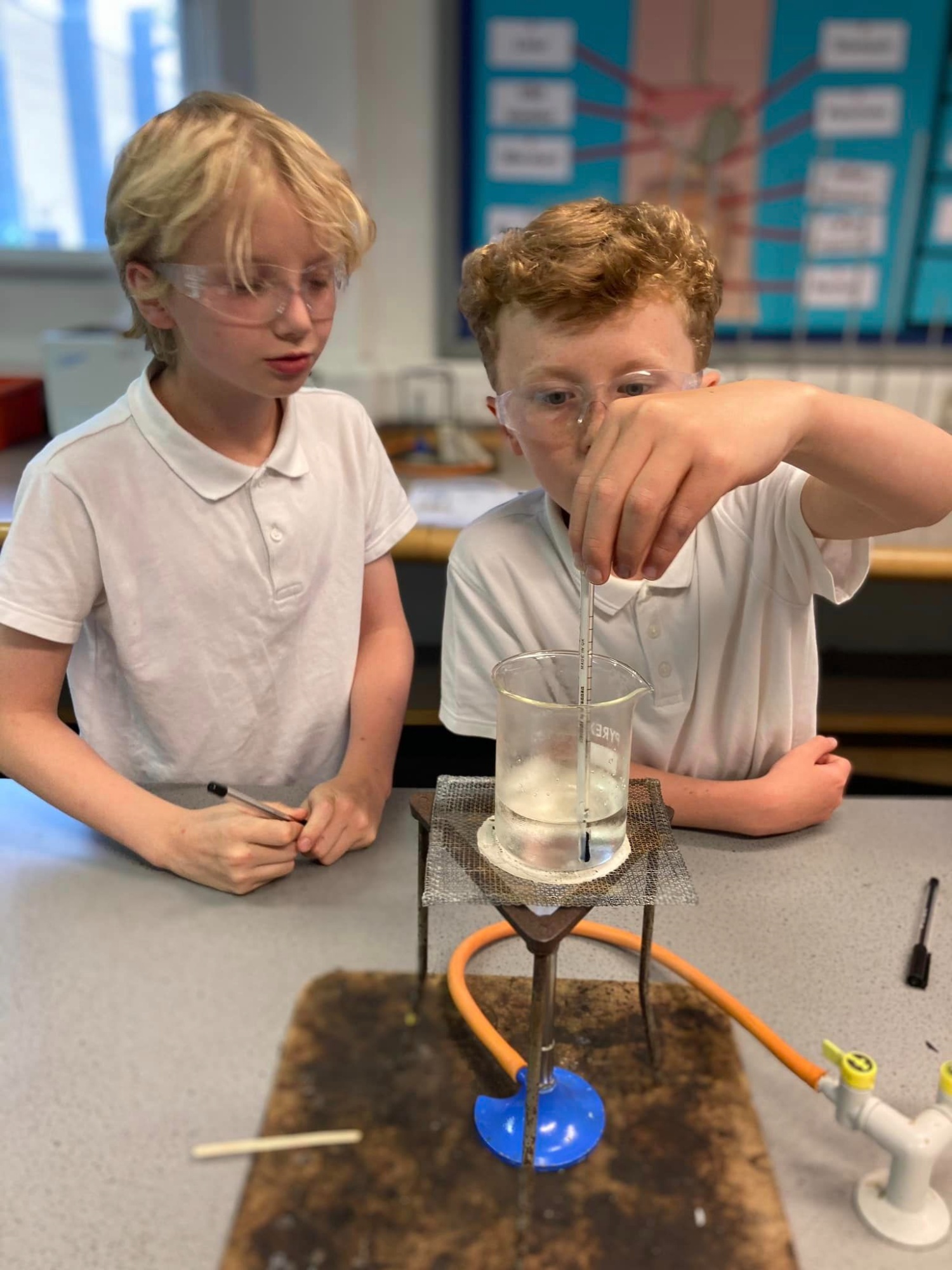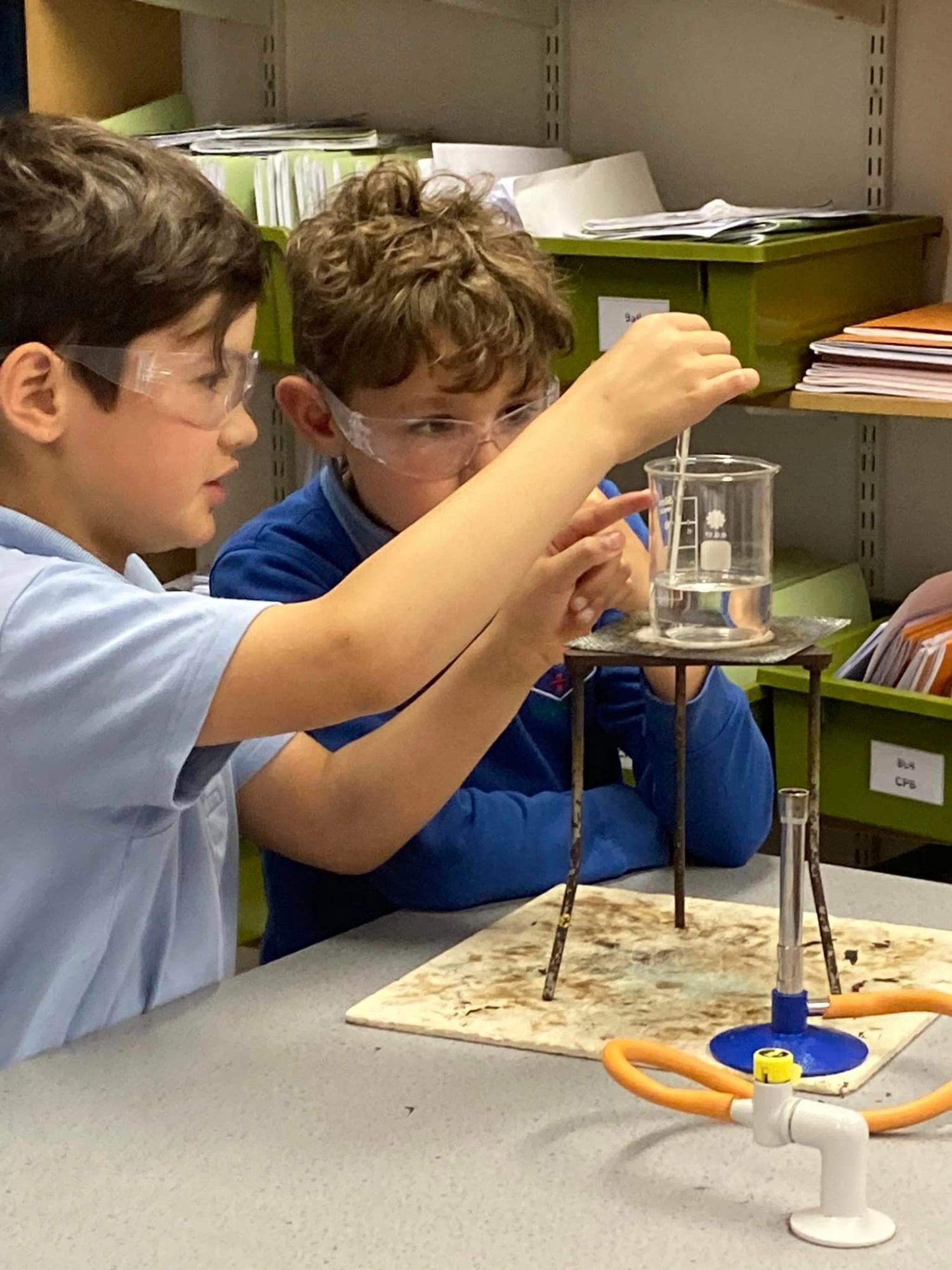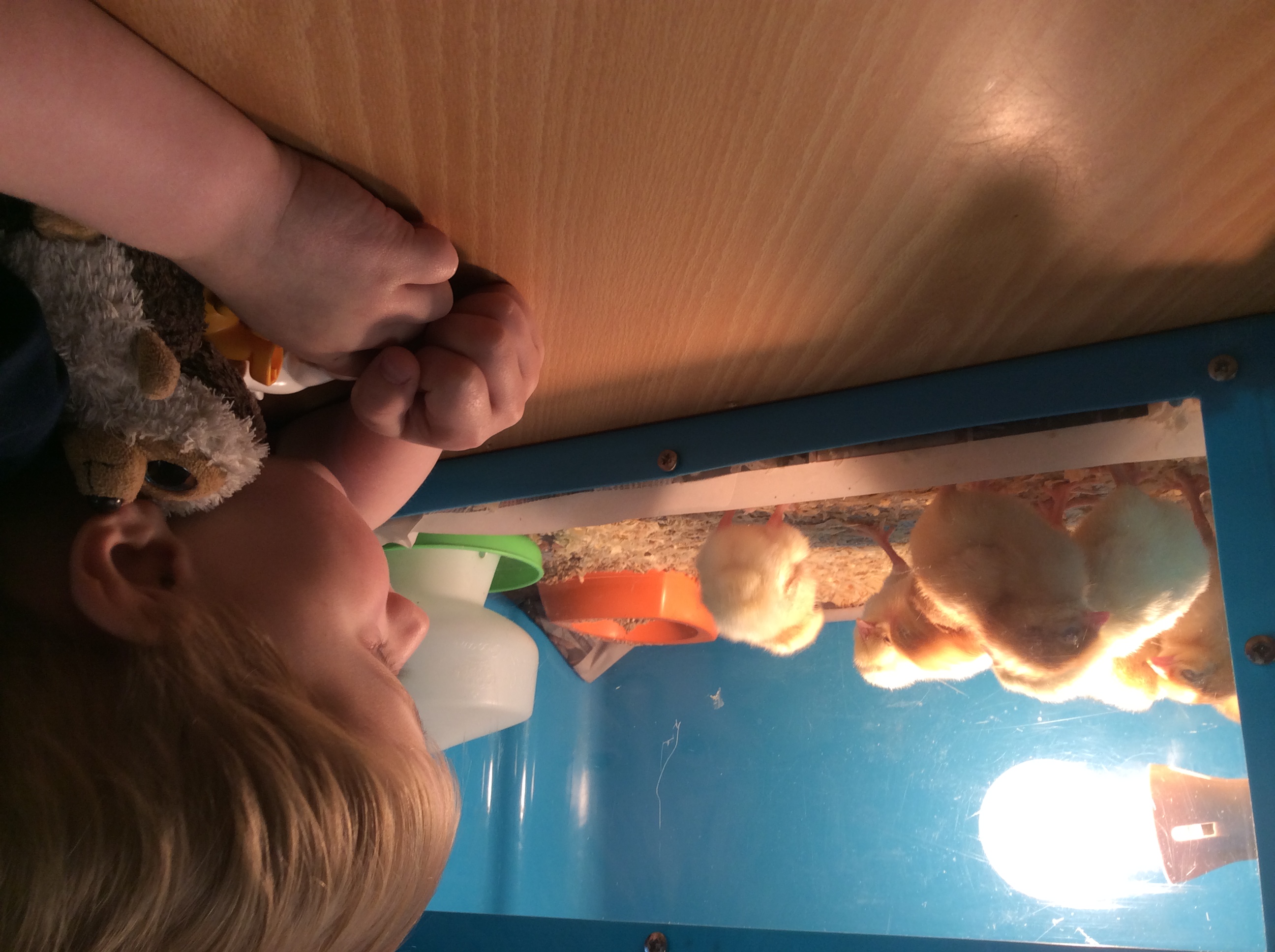Science
Subject Leader: Mr Farmer
Intent
At Temple Sowerby C of E Primary School, we aim to stimulate a child’s curiosity to find out why things happen in the way they do through the use of quality resources, hands-on experiences, visits and visitors, and exploration of the outdoor environment. We aim to encourage children to enquire, investigate, ask scientific questions and evaluate evidence. Children learn about key scientists both past and present and begin to understand the way science will affect their future lives on a personal, national and global level. Children learn skills to work both individually and collaboratively to plan, carry out and evaluate practical investigations selecting appropriate resources, including the use of ICT.
Implementation
The teaching of a wide range of Science topics enables children to know and understand the life processes of living things; know and understand the physical processes of materials, electricity, light, sound and natural forces; and know about the nature of the Solar System, including the Earth.
Children learn in a discrete Science lesson every week, with children grouped in mixed-age classes (Year 1/2, Years 3/4 and Years 5/6). Science provides many cross-curricular learning opportunities such as through maths and design technology, such as when collecting, presenting and analysing data.
In the Foundation Stage, children begin to develop an understanding of Science through the broad area ‘Understanding the World’. Children explore and find out about the world around them and begin to ask questions about it. This is further developed through our outdoor learning sessions, both in the school grounds and locally. Children experience the wonders of nature, helping to spark an interest and enthusiasm for the subject.
As children progress through school, their scientific experiences develop as they are introduced to more complex scientific ideas. Scientific knowledge and conceptual understanding progress through a range of topics, from the disciplines of Biology, Chemistry and Physics. Children work scientifically and develop their understanding of scientific enquiry, by establishing and evaluating explanations through experimental evidence and modelling. We also provide a range of enrichment activities, including workshops at local secondary schools, visits to museums (such as Newcastle Life Centre) and virtual events (Royal Institution online workshops, STEM events) to promote children’s interest and engagement.
Impact
By the end of EYFS, children will have had the opportunity to explore and discuss similarities and differences in the world around them, in relation to places, objects, materials and living things. The children will be able to talk about the features of their own immediate environment and how different environments might vary from one another. They will be able to make observations of animals and plants and will be able to explain and talk about why some changes occur.
By the end of Key Stage 1, largely through practical, first-hand experiences, children will have developed their understanding of scientific ideas by using different types of scientific enquiry and they will be able to explain their understanding using simple scientific language. They will be able to ask and answer their questions based on their own observations. Children will be able to identify patterns and will be able to group and classify living things by carrying out simple comparative tests.
By the end of Lower Key Stage 2, children will have broadened their scientific view by having the opportunity to explore, discuss, test and develop ideas about the world around them. They will be able to discuss and explain relationships between living things and familiar environments. They will be able to ask their own questions to expand their understanding about what they observe. They will also be beginning to make some decisions about which types of scientific enquiry are likely to be the best ways of answering questions posed to them. The children will now be able to draw simple conclusions and use some specific scientific language, to discuss their findings.
By the end of Upper Key Stage 2, children will have developed a deep understanding of a wide range of scientific ideas. They will be able to analyse functions, relationships and interactions more systematically. Children will have had the opportunity to encounter more abstract ideas and begin to recognise how these ideas help them to understand and predict how the world operates. They will be able to select the most appropriate ways to answering science questions, using different types of scientific enquiry. The children will be able to draw conclusions based on their findings and observations. They will be able to justify and explain their ideas using evidence and secure scientific knowledge.
For further details of how history is taught at Temple Sowerby CE Primary School, including our long-term planning and progression documents, please see our policy below. You can also see our long-term plan and how this meets the requirements of the National Curriculum at our Curriculum Design page.



